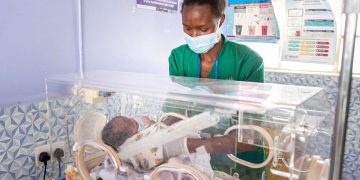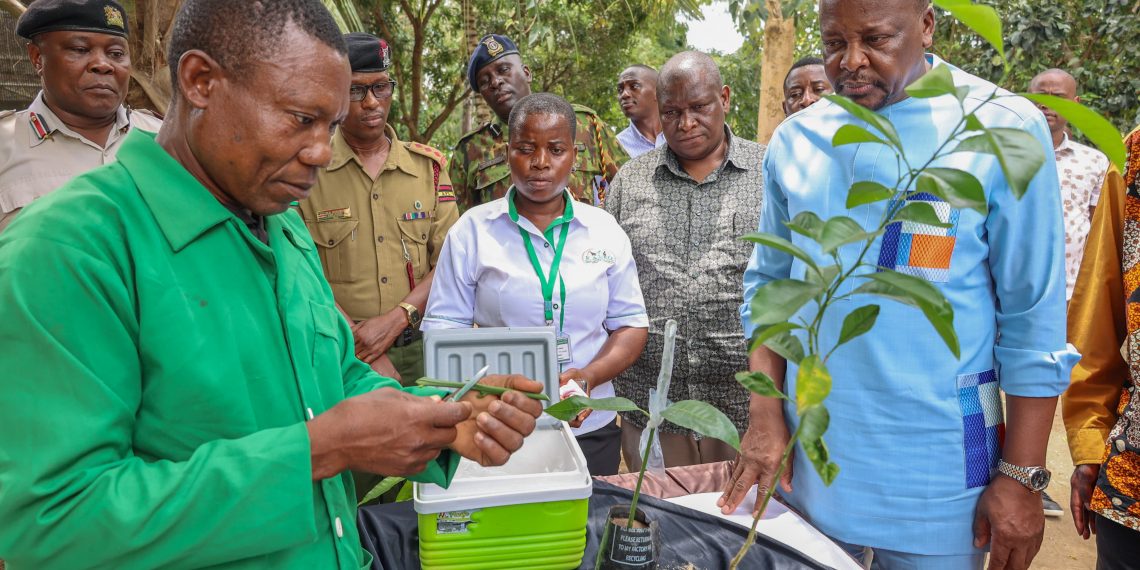By Ivyn Kipruto
Kenya spends about KSh 5 billion every year importing eggs to meet local demand — a costly burden that Agriculture and Livestock Development Cabinet Secretary Mutahi Kagwe says must end through increased local production and science-led farming.
Kagwe said Kenya produces only 4 billion eggs annually against a national demand of 9 billion, forcing heavy reliance on imports.
“We must stop importing eggs and start producing enough for ourselves. That requires farming guided by science, not guesswork,” he said.
The CS spoke during a visit to the Kenya Agricultural and Livestock Research Organization (KALRO) Dairy Research Centre in Msabaha, Kilifi County, where he inspected research on improved crop varieties, high-nutrition livestock feeds, and climate-resilient technologies.
He said Kenya’s journey to food security depends on research, data, and innovation, urging farmers to embrace soil testing, precision agriculture, and proper input use to boost yields.
Kagwe also underscored the need for youth involvement in farming, warning that the average Kenyan farmer is 64 years old — a worrying sign for the sector’s future.
“Our young people understand technology. Let’s pass the torch to them; they are the future of modern, scientific agriculture,” he said.
He noted that Kenya’s future lies in efficiency and technology, not in expanding farmland. He called for stronger collaboration among government agencies, researchers, and farmers to ensure innovations developed in research centres reach the grassroots.
Kagwe reaffirmed the government’s commitment to supporting farmers through value addition, agribusiness growth, and market access, saying such measures will raise incomes and reduce dependence on imports.
“Our transformation must be anchored on research, innovation, and evidence-based decision-making, not routine or tradition,” he said.
Kagwe was accompanied by KALRO Director General Dr. Eliud Kireger, Dairy Research Institute Director Dr. Samuel Mbuku, and senior ministry officials, who pledged continued support for agricultural innovation and productivity.














